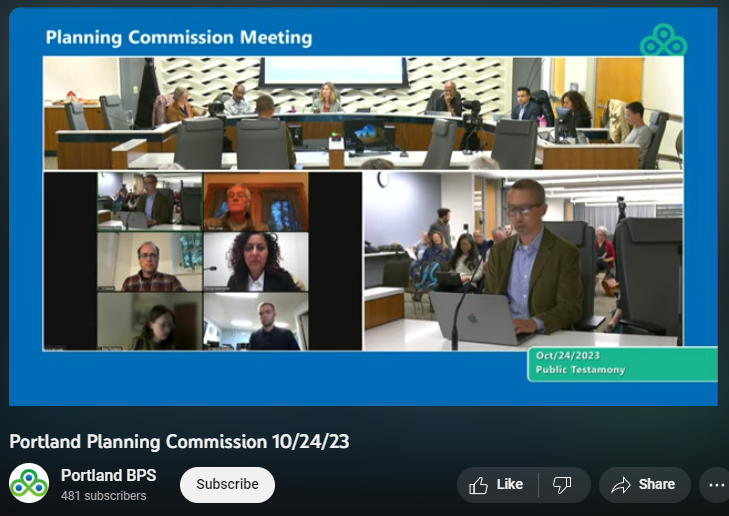
The national spotlight recently shone on Victor Duong, a distinguished board member of The Street Trust, in a Forbes article that delved into the complexity of bike parking regulations in Portland. As a housing architect of Vietnamese descent, an avid sport cyclist, and a former Portland Bicycle Advisory Committee (BAC) member, Victor’s multifaceted background offers a fresh and informed perspective on the challenges and opportunities surrounding urban planning and transportation.
The piece highlighted the paradox of bike parking mandates in cities like Portland. While there’s a growing trend to reduce or eliminate car parking requirements, bike parking regulations seem to be on the rise. Such mandates, though well-intentioned, can inadvertently inflate housing costs. The logic is simple: when housing developers are compelled to allocate space for bike storage, it can lead to larger unit sizes, which in turn can push up rents.
Victor, in his professional capacity as a Project Manager at Leeb Architects, has witnessed firsthand the implications of these regulations. He notes, “The previous revision of the bike parking code removed approximately 1-2 units for every 200 units; the current bike parking code now removes approximately 1 out of 15 units.” Such reductions come at a time when housing efficiency is paramount.
The crux of the matter isn’t about diminishing the importance of bikes or undermining their role in sustainable urban mobility. It’s about striking a balance. As Victor aptly puts it, “We are crafting a city for people, not just buildings and bikes.”
At a public hearing on October 24th before the Portland Planning Commission, Victor brought his unwavering commitment to fostering a safe, equitable, and sustainable transportation system, promoting a conversation and vision that harmoniously integrates the needs of all Portlanders. (Full video of the meeting available on YouTube.) He followed up his terstimony with a think piece in Strongtowns, where he emphasized, “Our regulatory priorities are backwards… bike parking is important, but not more important than housing, not even close. Resources should first go to housing, then figure out bike parking from there.”
We are inspired by Victor’s unique insights and dedication to service on our board’s Policy Working Group, where he reminds us weekly that when we advocate, it must be through an equity lens, via respectful dialogue, and with a focus on the collective well-being of our community.
